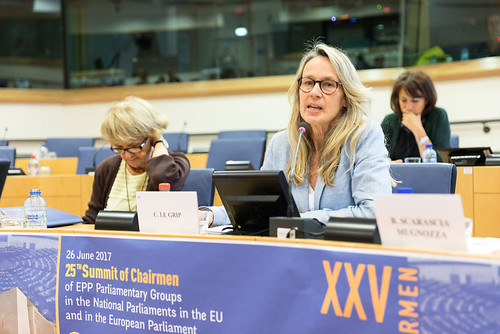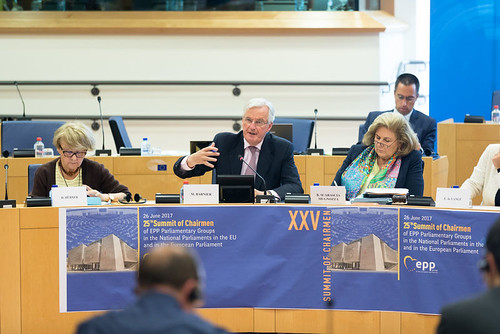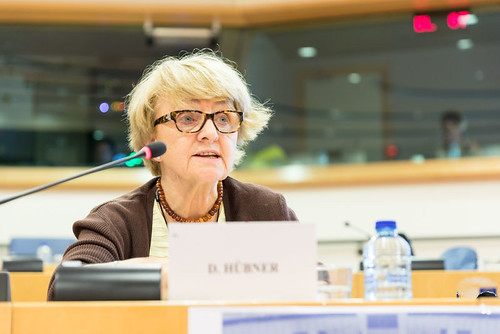Since March European Council there has been some progress in the negotiations, but it would be difficult to call it sufficient.
Nine new Withdrawal Agreement articles have been shaded green. In particular,these concerning public procurement, customs and VAT issues, Euratom, judicial cooperation in civil matters.
This means that legal certainty for stakeholders affected by Brexit has been ensured in new areas.
Many key issues remain open: data protection, police and judicial cooperation in criminal matters, ongoing cases of judicial and administrative matters, geographical indications, Cypriot protocol, Irish protocol, governance of the agreement. The only known issue regarding parallel negotiations between Spain and UK concerning Gibraltar after Brexit is that they are apparently ongoing.
The recently presented British proposal on the Irish border has generated more questions than clarity. It does not solve the challenge of the regulatory alignment; it is rather ambiguous regarding customs union between the UK and the EU.
It is absolutely clear that on the Irish border issue there is nearly nothing commonly shared or overlapping between the EU and UK approaches. In the EU backstop the two indispensable elements, customs and regulatory alignment are addressed. The approach is implementable and forms part of the withdrawal framework.
On the future framework, if the rumours were to be confirmed by the white paper to be presented on the 9 July by the British government, it might be difficult to finalise it on time, meaning before October 2018. It might be too far from the EU red lines.
It is worth taking note of the fact that EU has been taking very seriously British red lines from the beginning, respecting their political weight. But those of the EU, based on Treaties, must be recognized as well. The proposal to create a sort of union between UK and EU based on outcome oriented mutual recognition cannot be accepted by the European Union as it would threaten decision making and legal autonomy of the Union. It would imply a selective approach to areas of cooperation, which would go against integrity of the Single Market.
But equally unacceptable would be the option based on the extension to the entire UK territory of the EU Ireland specific solution. If the UK decided to abandon its Customs Union red line the EU would be open to negotiate. However, Single Market for Goods only and regulatory independence regarding services would go against
the EU Single Market and the integrity of its four freedoms.
It is crucial to accept that the EU will not compromise its foundation, which is the Single Market.
The Union is ready to go for an ambitious free trade agreement, for additional agreements related to internal security, aviation, strategic partnership on the external security. It is ready to negotiate UK participation in EU programs, including the cross border regional cooperation with Northern Ireland one, as well as, Erasmus, Research.
But now, of course, negotiations of the remaining separation issues are a priority. When the White Paper on the future relationship is public, the talks on political declaration will take place. The latter is important for both sides. All issues have to be coped with. There are still ahead of us more and less difficult issues to agree on but all of them matter for the final agreement. We cannot afford regulatory gaps between the withdrawal date and the entry into force of the future relationship framework.
There are no more than 12-14 weeks left for negotiations. There must be a sense of urgency but also of realism on the British side. The EU is committed to spare no efforts to ensure an orderly withdrawal of the UK. But it is aware of the possibility of a no deal scenario.







 Przejdź do kalendarza
Przejdź do kalendarza






